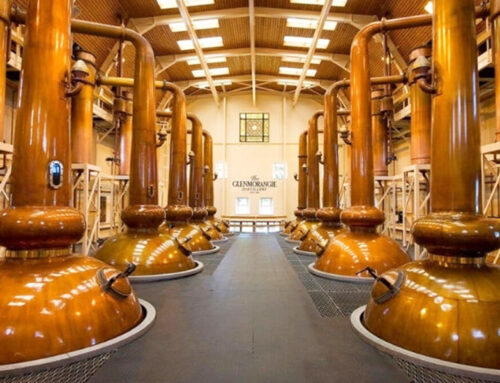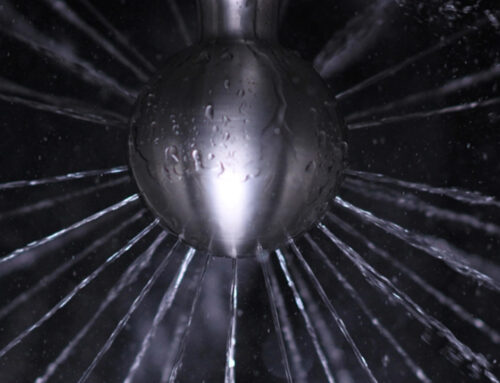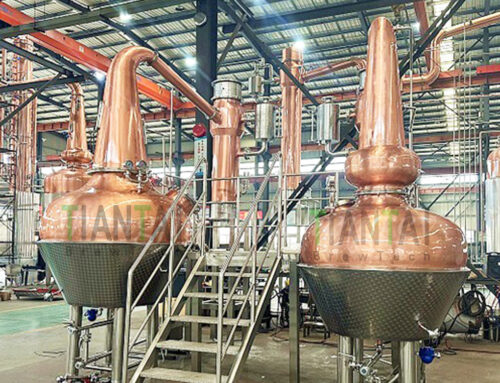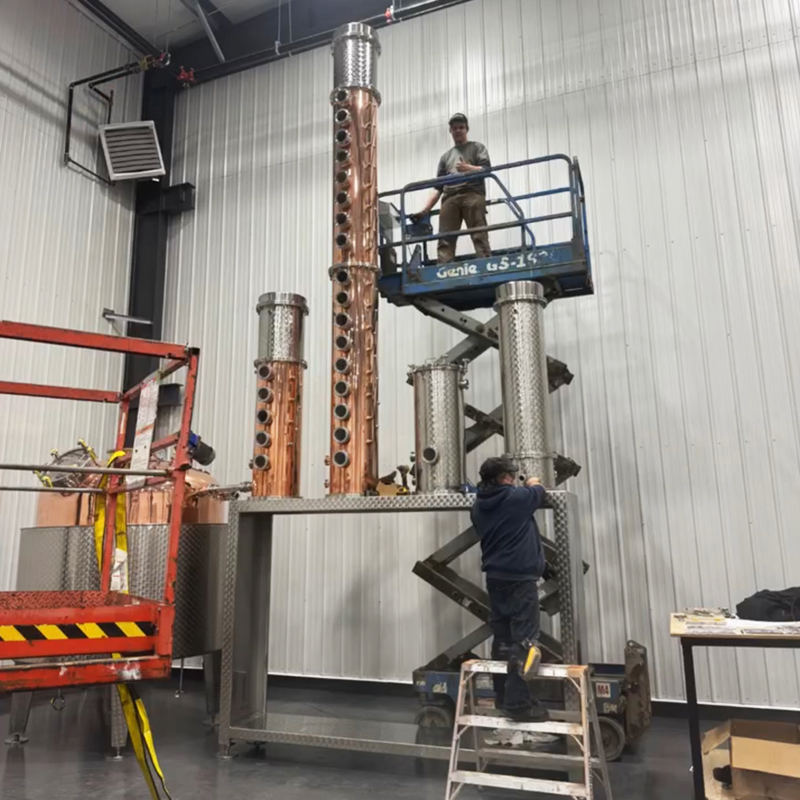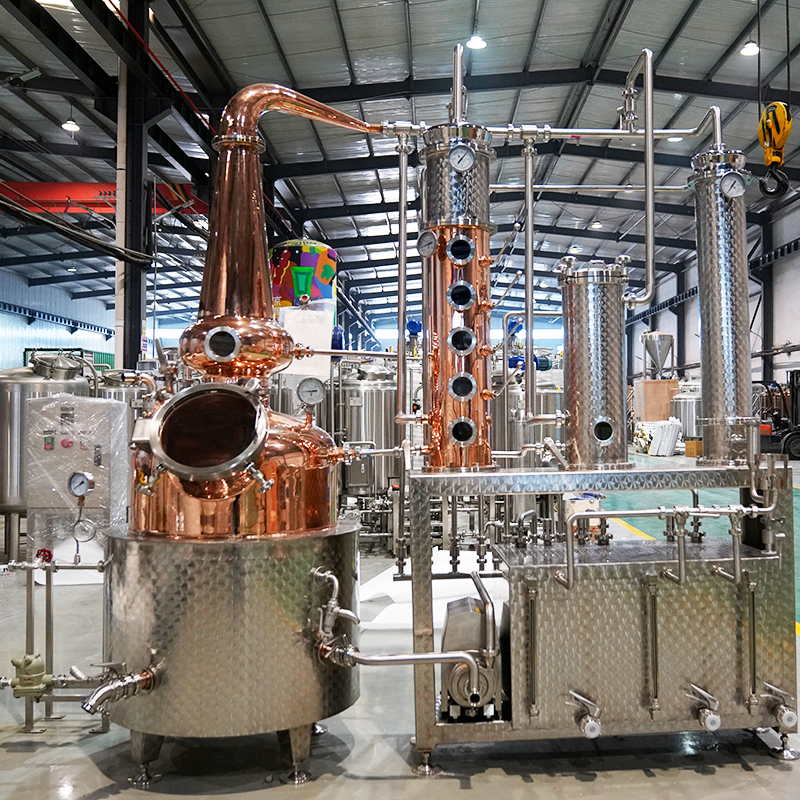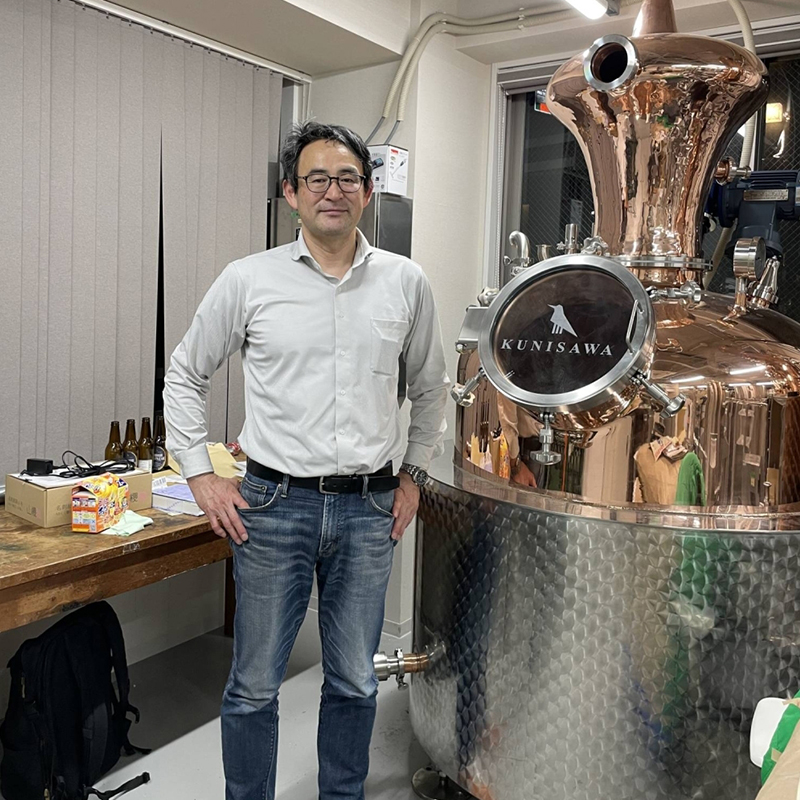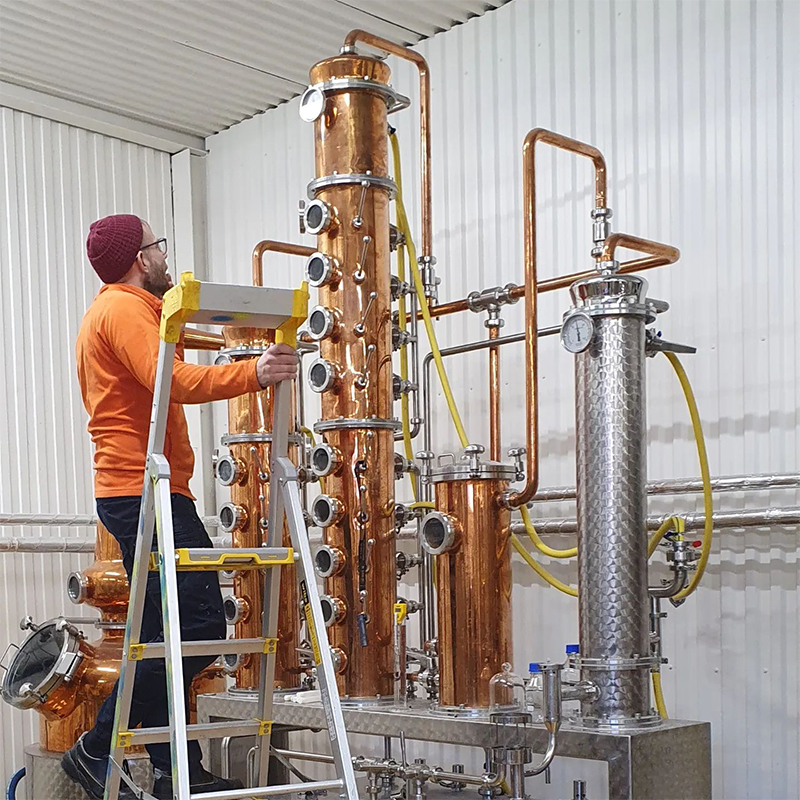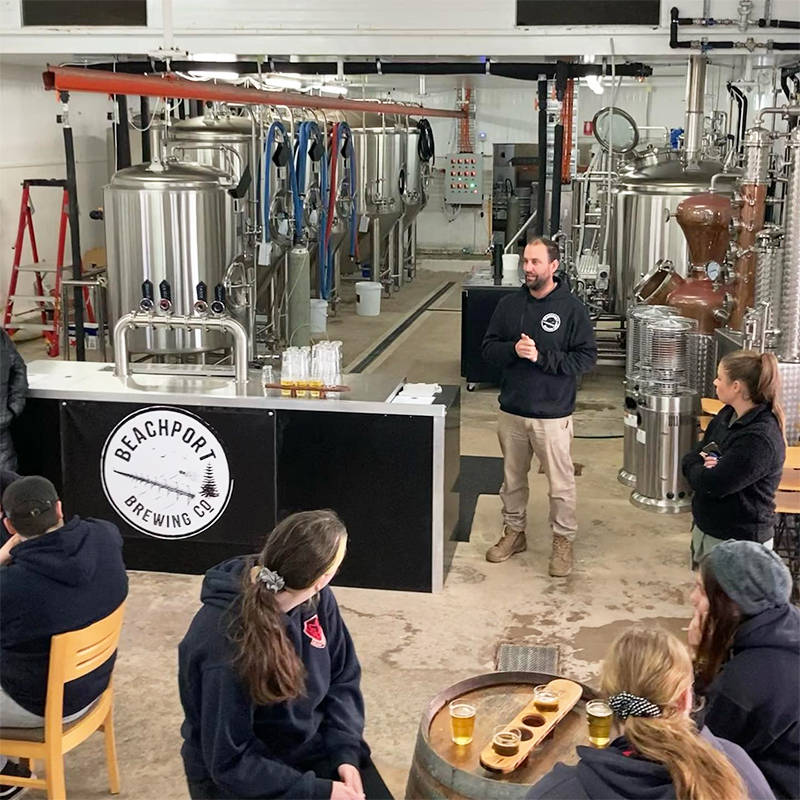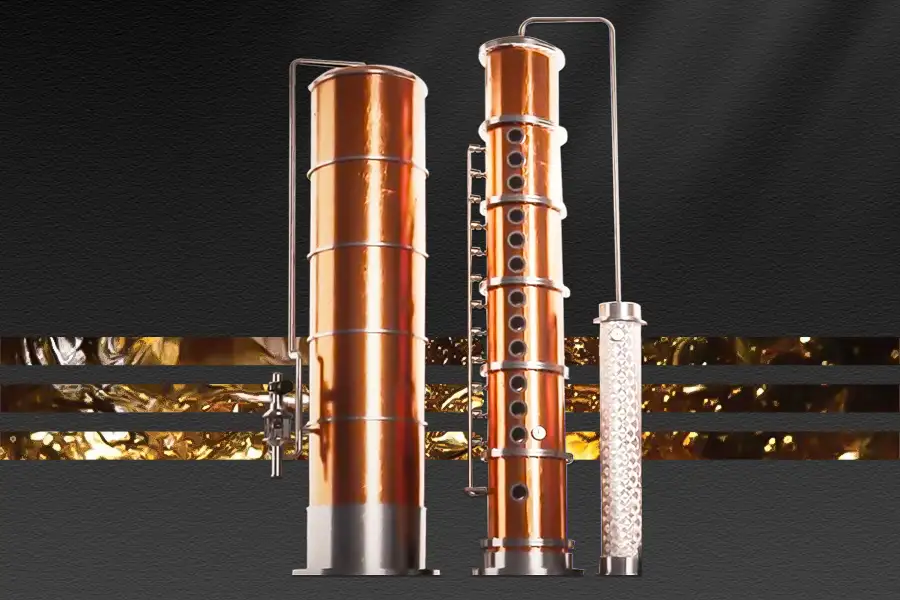
Grain Whisky Production: The 10 Key Steps & Essential Equipment for Modern Distilleries
For large-scale distillers, achieving a consistent, high-quality grain whisky requires more than craftsmanship—it demands precision engineering and reliable equipment. Understanding the interplay between each production stage and the machinery that enables it is crucial for optimizing yield, controlling costs, and scaling your operation.
Explore how modern distilleries produce grain whisky — from milling and fermentation to multi-column distillation — using advanced, automated equipment designed for efficiency, consistency, and scalability.
Grain Selection & Handling
The journey begins with starch-rich grains like wheat, maize, or barley. While grain choice defines potential yield and character, the handling system defines quality consistency. Industrial grain receiving and storage systems must protect against moisture and contaminants, ensuring a clean, uniform start to the process.
Milling: Unlocking the Starch
Grains are milled into a consistent grist to maximize surface area. An efficient industrial milling system does more than grind; it incorporates dust control for plant safety and ensures a perfectly uniform grist composition for optimal starch conversion in the next step.
Cooking: Gelatinizing for Conversion
The grist is mixed with water and heated in a mash cooker or cereal cooker. This stage gelatinizes the starch, making it accessible to enzymes. Precision is key. Modern systems use steam injection heating and automated temperature controls to achieve complete and energy-efficient gelatinization.
Conversion: From Starch to Sugar
Here, enzymes transform the liquefied starch into fermentable sugars. This occurs in a temperature-controlled mash tun or conversion vessel. The reliability of your temperature monitoring and agitation systems directly impacts conversion efficiency and the final alcohol yield.
Fermentation: Cultivating the Wash
Yeast is added to the sugary wort, beginning fermentation. For large-scale production, stainless steel fermenters are the industry standard. Equipped with cooling jackets and CIP (Clean-in-Place) systems, they maintain ideal temperatures, control fermentation kinetics, and drastically reduce contamination risks.
Distillation: The Heart of the Operation

This is where the neutral, high-proof spirit is created. Grain whisky typically relies on continuous column stills, with the choice of system significantly impacting throughput and spirit character.
-
Coffey Still (Continuous Still): A two-column system renowned for its high throughput and energy efficiency, producing a robust spirit with character.
-
Multiple Column Still: The workhorse for massive-scale production, often with two or more columns to achieve high-purity neutral spirits consistently.
-
Three Column Still: Adds an extra rectification column, providing distillers with greater control to create an exceptionally clean and light spirit profile.
Choosing the right distillation column setup is one of the most critical decisions a distiller will make, balancing desired product quality with plant capacity and operational expenditure.
Maturation: The Final Influence of Equipment
After distillation, the new-make spirit is filled into oak casks. While the warehouse itself is the primary equipment here, spirit handling systems—including automated filling and transfer pumps—ensure the spirit is protected from contamination before its long rest.
Integration: The Role of Process Control
A modern distillery is an integrated ecosystem. Centralized Process Control Systems are the unsung heroes, seamlessly linking grain handling, milling, fermentation, and distillation. This integration is what delivers unprecedented operational efficiency, reduced energy costs, and batch-to-batch consistency.
Conclusion: Engineering Quality and Efficiency
Grain whisky production blends traditional methods with advanced process technology.
Investing in reliable, high-performance equipment ensures consistent quality, improved yield, and long-term operational savings.
As a trusted partner to global distilleries, Tiantai provides turnkey process equipment — from grain handling to column distillation — designed for precision, scalability, and sustainability.

